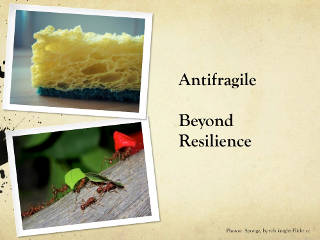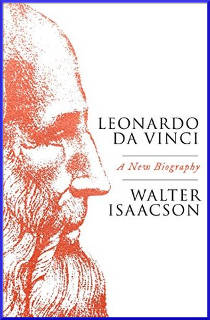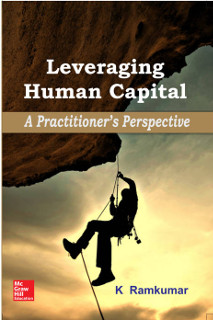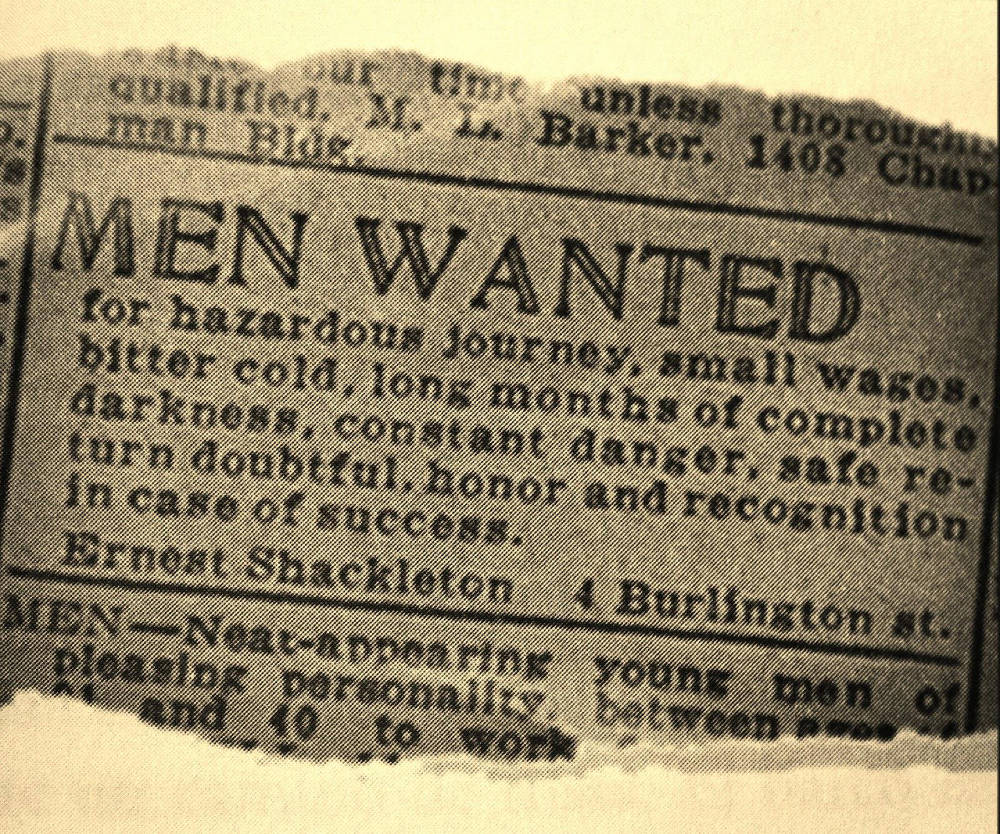At Founding Fuel, leadership and entrepreneurship are themes we are obsessed with. Most of our waking hours are expended in searching for challenges to explore with entities who confront complex problems, looking for people to engage with who may have answers, and stories to tell that emerge from their journeys.
And it was during one such waking hour last week that my colleague Sveta Basraon and I exchanged notes. For various reasons, a friend, well-wisher and contributor to Founding Fuel, K Ramkumar was someone whose name cropped up. Currently, he is the Founder and CEO of Leadership Centre, an institution he built ground up after completing his stint as Executive Director at ICICI Bank. The both of us like him because he is the kind of man who walks the talk, doesn’t mince his words, is passionate about people, how to bring the best out of them, and places a premium on leadership.
To understand people, he invests much time and energy on every domain he may think insights can be gleaned from. When he distils what he may have gained, he generously shares it as well. That is how a few years ago, in an earlier assignment, he insisted some of us watch a film titled Shackleton’s Voyage of Endurance.
Close to two hours long, this documentary film attempts to put into meticulous perspective why Sir Ernest Shackleton’s expedition between 1914 and 1916 into the choked Antarctic waters is one of the greatest survival stories of all time.
Sveta and I fondly reminisced of the time when Ramkumar first played the film for us. Before he did that, he made a few introductory remarks. At key moments during the film, he would pause to comment on the enormity of the odds staring at Shackleton. Post the screening, he invited us to participate in an exchange of ideas.
The reason I bring this up now is that at that time Sveta and I (and all of us at Founding Fuel then) perhaps did not understand the true import of what is it that Ramkumar was trying to convey. Because back then, we were in another assignment, and had air cover in the form of promoters who took the brunt.
In our current avatars though, there is no air cover. Founding Fuel was a leap of faith that we took two-and-a-half years ago out of deep conviction. With the benefit of hindsight, we now know why entrepreneurs do what they do and what makes great leaders great. The both of us agreed this is the best journey we have ever been on until now. We’re having a heck of a good time. And for that, we owe much to friends like Ramkumar and those of you who have chosen to place your trust in us.
May I urge you to take some time out to watch Shackleton’s Voyage of Endurance? The lessons on entrepreneurship, leadership, friendship and life will linger long after the film is over. As a viewer commented after watching the movie, those were the days when “ships were made of wood and men of steel”. I quite like the sound of that.
There is much being planned and will be rolled out in the days to come. Do stay connected with us. May I urge you to stay connected by writing in to us and allowing us into your inboxes with our weekly updates?
My very best,
Charles Assisi
On behalf of Team Founding Fuel
Featured Stories
Muhammad Yunus and the two visions of Adam Smith

[By University of Salford Press Office (CC BY 2.0), via Wikimedia Commons]
NS Ramnath casts his gaze beyond the obvious and does a deep dive into the Nobel Laureate Muhammad Yunus’ new book A World of Three Zeros. In this book, Yunus argues that the capitalist engine is broken and that a new economic system is needed.
Ramnath makes the case here by going to Adam Smith’s writings as well, placing things into context, and posits that what Yunus states in his latest book will resonate well in India because it puts into perspective what way the economics in countries like India ought to head towards.
The absence of fragility

[By Deb Nystrom, under Creative Commons]
Charles Assisi had an interesting time last weekend conversing with an interesting couple who live in the middle of nowhere, a married man with two children who was originally destined to be a Catholic priest, and a private equity investor around an altogether different metric called the Total Cost of Validation. The outcome of which is an essay that ties into Nassim Nicholas Taleb’s idea of Anti-Fragile.
China’s sharing economy is booming. It may be time for a reality check

[By User: (WT-shared) Peirz at wts wikivoyage (Own work) (CC BY-SA 3.0), via Wikimedia Commons]
From CKGSB Knowledge: The sharing economy exploded in China this year, with companies for bikes, umbrellas, toys and more all taking part in the hype. But with the concept reaching fever pitch, sharing could be in for a reality check.
What We Are Reading
Who controls the world?
A pointer to this interesting read came via Karunakar Raykar, a reader and well-wisher based out of Bengaluru. The theme is an interesting one. Companies like Google and Amazon are growing at an incredible pace. Does this mean the future is a Dystopian one? Is a case building up to regulate entities like these?
Leonardo da Vinci

Walter Isaacson, the master biographer is back with what has all the makings of a tour de force on the life and times of Leonardo da Vinci. At 624 pages, it is a long read. But Isaacson has an eye for detail and leaves no stone unturned in exploring the life of this tortured genius whom all of us have heard much about, whose works we are familiar with, but whose life we know little about.
What We Are Watching
Failure is not an option
Because this newsletter started out with a pointer to a film by K Ramkumar, it is only appropriate then that this note must point to another stunner he had insisted we watch. This documentary traces the events that transpired at NASA when Gene Kranz was the flight director and the many challenges that cropped up in man’s mission to reach out to the final frontier that is space. This documentary too is packed with insights on dealing with adversity, setbacks, and eventually about leadership in the face of odds.
From Our Archives
Nurturing high performers: Trial by fire

In this extract from chapter 6 of his book, ‘Leveraging Human Capital’, K Ramkumar talks about how challenge, testing, competitiveness and hard confrontation are important attributes of nurturing champions.


